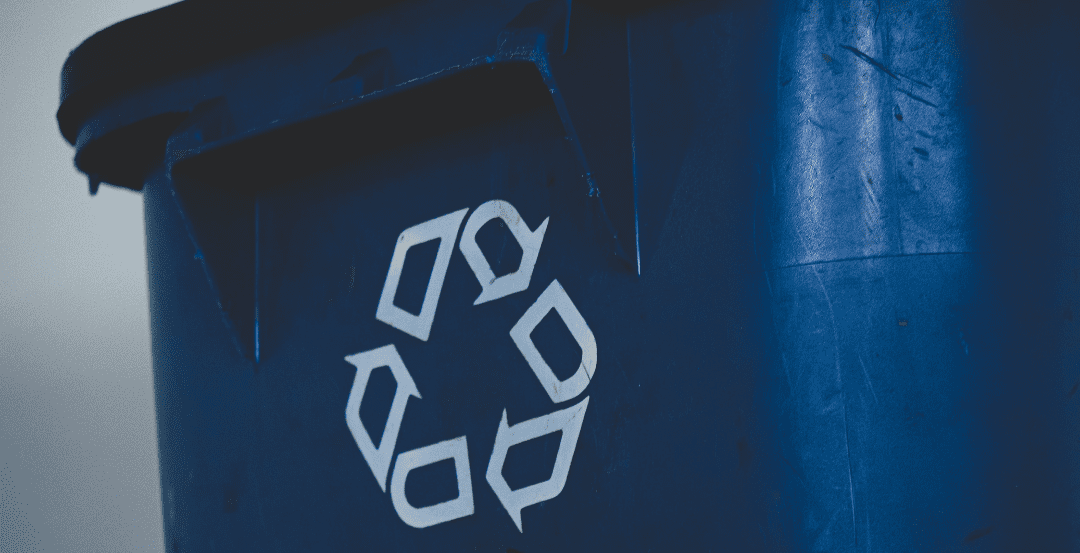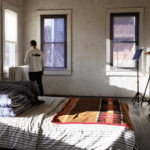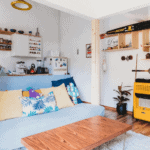Nowadays, the issue of pollution affects us all, which is why university residences have established programmes that help to mitigate environmental pollution, instructing young people on issues of great importance and creating a culture of zero pollution. It is well said that values are created at home, and the residences are the house and home of university students. This is why students are taught about recycling and what to do with the waste generated within the residence for the common good.
Reusable bags and packaging
Using reusable bags and packaging is an increasingly common practice of responsible consumers, replacing those that have negative consequences, reducing waste and generating economic savings.
Thanks to reusable bags and packaging, it is possible to carry shopping, store and organise products and avoid waste. They consume fewer resources and produce less greenhouse gases. Residence halls are already using paper or even cloth bags so that students can use them.
Second-hand shopping
Second-hand purchases are those that are made of a product that has been used by one or more people before, but this does not mean that the product is in bad condition, as it can be in perfect condition and be completely usable.
Residences have implemented this type of purchase because it is more economical and avoids the pollution generated when products are simply thrown away. They also point out to residents that they can sell each other products that they no longer use and can be of benefit to a colleague, such as books.
Alternatives to transport
In order to achieve a sustainable life, free of polluting agents, many residences have multiple bicycles available for students to use to travel to the university or any other place in the city, avoiding the use of public transport or their vehicles. Because the use of bicycles helps in the reduction of greenhouse gases.
In addition, it is much more economical and a sporting practice that contributes to the improvement of health by exercising.
Recycling
Recycling points have been set up in the residences where plastic, paper, general waste and electronic materials can be deposited, with the aim of creating a culture of awareness among young people. It is therefore important to know how to separate waste:
- Grey bins: Dirty paper and cardboard waste.
- Green bins: Ordinary and common waste.
- Blue bins: Recyclable waste such as plastic, glass and clean cans.
- Black bins: Non-recyclable waste such as napkins and dirty paper.
Buy what is fair and necessary
In university residences, young people do not worry about what they are going to eat today or what they are going to eat tomorrow, since the residence hall is in charge of providing them with food. Therefore, students are advised not to buy unnecessary things or junk food, as they are harmful to health and also generate plastic pollutants.
It is also recommended to buy just what is necessary, which means personal savings and less daily pollution.
¡Haz click para puntuar esta página!
Es muy importante para nosotros que puntúes nuestro trabajo para poder seguir mejorando. Tus opiniones ayudan al resto de estudiantes a encontrar nuestra página web.






